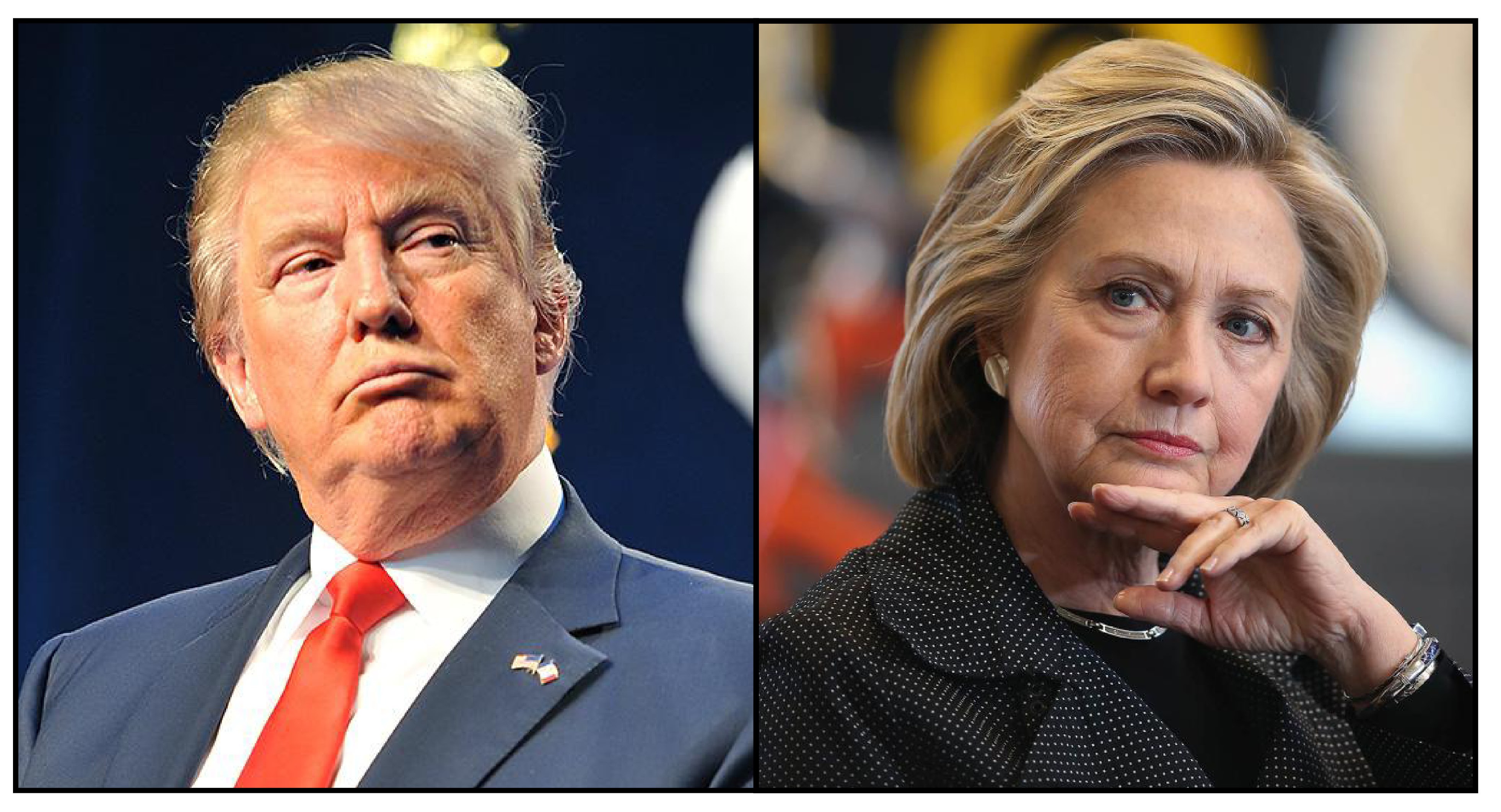
To the extent that the 2016 presidential contest is being called a “change” election, it’s safe to say that the biggest change in defense policy over the next four years will occur if Donald Trump is elected to the White House. Simply put, Trump is offering everything that Barack Obama – and by extension, Hillary Clinton – has not.
When it comes to military spending, for example, Trump is calling for an increase. He proposed ending the defense sequester in a September 7th speech in Philadelphia. In this same speech, he also pledged to “submit a new budget to rebuild our military,” and said he would boost the size of the Army to “around” 540,000 troops, increase the number of Marine Corps battalions from 23 to 36, increase from 276 to 350 the number of Navy ships and submarines, and increase the number of Air Force fighter aircraft from 1,113 to 1,200.
Clinton, by contrast, has been vague on where she stands on military spending and readiness issues. She, too, calls for ending the sequester (on both defense and non-defense areas). But rather than increasing defense spending, her campaign website simply says that she will “create a defense budget that reflects good stewardship of taxpayer dollars,” and will “prioritize defense reform initiatives, curbing runaway cost growth in areas like health care and acquisition and stretching every dollar.”
When it comes to military spending, Trump is calling for an increase.
The same differences also apply to the global projection of military force. Where Clinton can be expected to continue following the same basic foreign policy she helped put in place as President Obama’s Secretary of State, Trump has repeatedly said he plans to use military force more sparingly around the world. “In a Trump Administration,” he said in this same September 7th speech, “our actions in the Middle East will be tempered by realism. The current strategy of toppling regimes, with no plan for what to do the day after, only produces power vacuums that are filled by terrorists. Gradual reform, not sudden and radical change, should be our guiding objective in that region.”
As has been widely reported, Trump has also raised questions about the U.S. commitment to our global military alliances, particularly NATO, which he characterized as being “obsolete” earlier this year. He has also questioned whether the U.S. should come to the aid of other NATO countries if they are attacked, and said it was time for these other countries to assume a greater share of the financial burden of the alliance.
Clinton, on the other hand, disagrees. In a speech earlier this year, she made clear that she believes American participation in global alliances is a critical – and historically important — part of our national defense. “For decades,” she said in March, “Republican and Democratic administrations have understood that America’s alliances make us stronger … Turning our back on our alliances or turning our alliance into a protection racket would reverse decades of bipartisan American leadership and send a dangerous signal to friend and foe alike. Putin already hopes to divide Europe. If Mr. Trump gets his way, it will be like Christmas in the Kremlin. It will make America less safe and the world more dangerous.”
Steadiness is a quality, Clinton argues, that Donald Trump does not possess.
Clinton’s criticism of Trump on these and other issues has a common theme – namely, that the Republican candidate is temperamentally unsuited for the Presidency. To effectively serve as Commander in Chief, she says, a President must be calm in the face of a crisis and capable of making rational, informed decisions. Steadiness is a quality, she argues, that Donald Trump does not possess.
Trump, obviously, believes otherwise. He argues that an important part of serving as Commander in Chief is unpredictability – keeping America’s adversaries off balance so they never know our next move. “We need unpredictability,” he said earlier this year in response to a question about whether he would ever use nuclear weapons. “When you ask a question like that, it’s a very sad thing to have to answer it because the enemy is watching … and I frankly don’t want the enemy to know how I’m thinking.”




